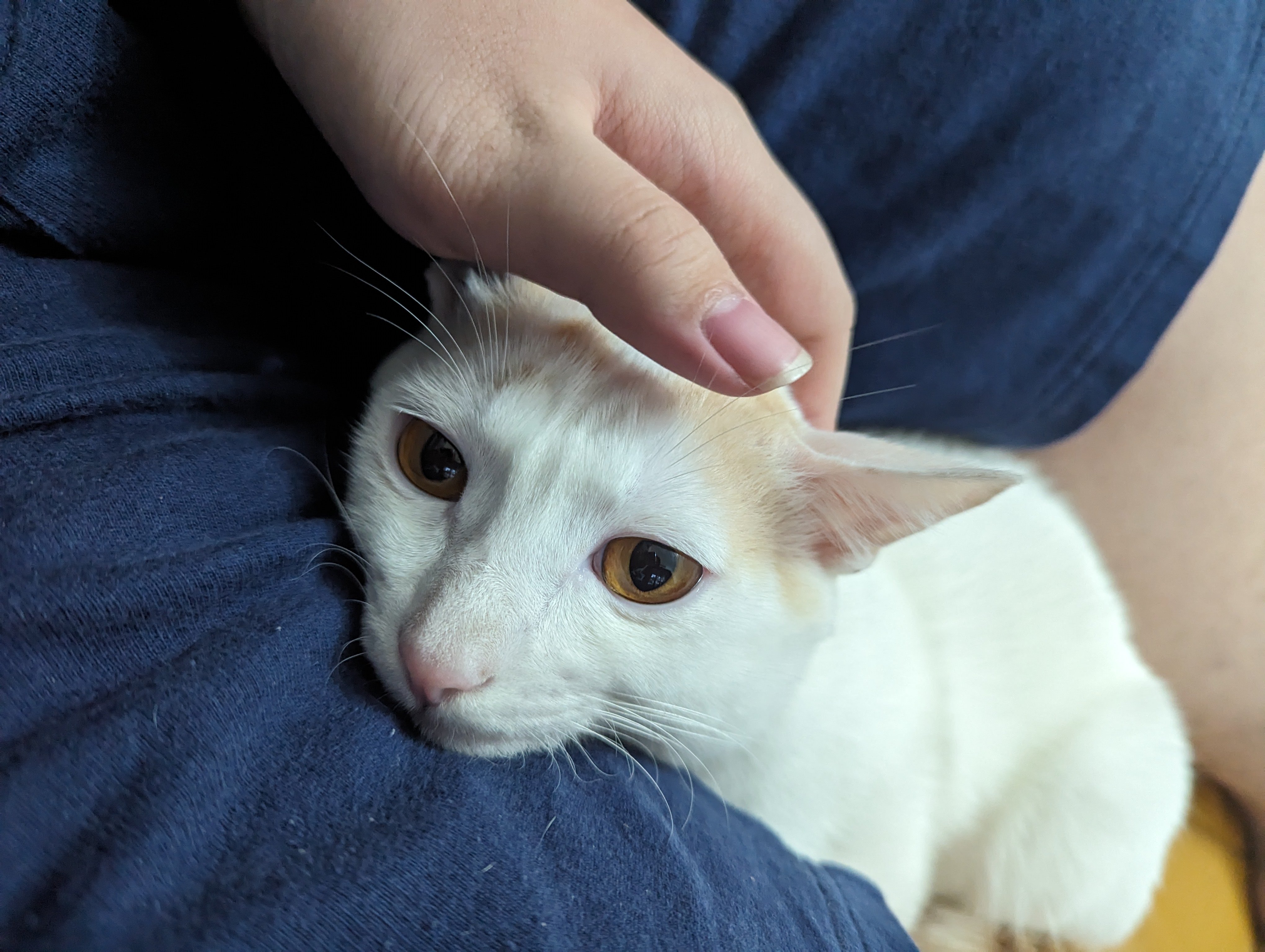this post was submitted on 19 Dec 2023
860 points (99.3% liked)
cats
19277 readers
860 users here now
typical internet cats. videos, pics, memes welcome!
rule 1) be kind
other cat communities midwest.social cats
founded 1 year ago
MODERATORS
you are viewing a single comment's thread
view the rest of the comments
view the rest of the comments

I had a cat that was maybe 6 or 7 years old when she suddenly started having seizures. After a seizure, she’d be wobbly for a few days, then eventually back to normal… until it happened again. Vet couldn’t figure out what was going on. We decided to try to track when she had the seizures—was it when she ate something out of the ordinary, got exposed to something unusual, on a recurring schedule? That sort of thing. We quickly found out that within a day or two of giving her a dose of Frontline flea treatment (the kind you drip on the back of their neck) she’d have a seizure. We stopped giving her Frontline and she never had another seizure.
whoa wtf
https://www.popsci.com/flea-tick-seizure-fda/
they might have to reevaluate that :|
Frontline is actual garbage flea medicine anyways. Shit never worked when I or my grandmother used it. I got some good flea meds from my vet that 1: actually worked 2: applied much less liquid to the cat.
Cats don't have the metabolic pathways that dogs and humans have that process and neutralize many common insecticides belonging to a class called pyrethroids. For cat flea control meds, these are substituted with fipronil, which is (less) toxic and doesn't get absorbed through the skin, though when we were dealing with a flea infestation a few years back we still had problems when one of our cats ended up being flexible enough to scrape the gel off its neck and lick it off its paw. Bottom line, though, cats tend to have a lot more trouble with metabolizing medications generally, and tend to encounter problems with "cat safe" meds more often than you'd expect. You have to be careful about monitoring your cat after starting a medication generally.